How we test board games at GamesRadar+
Let us walk you through our process
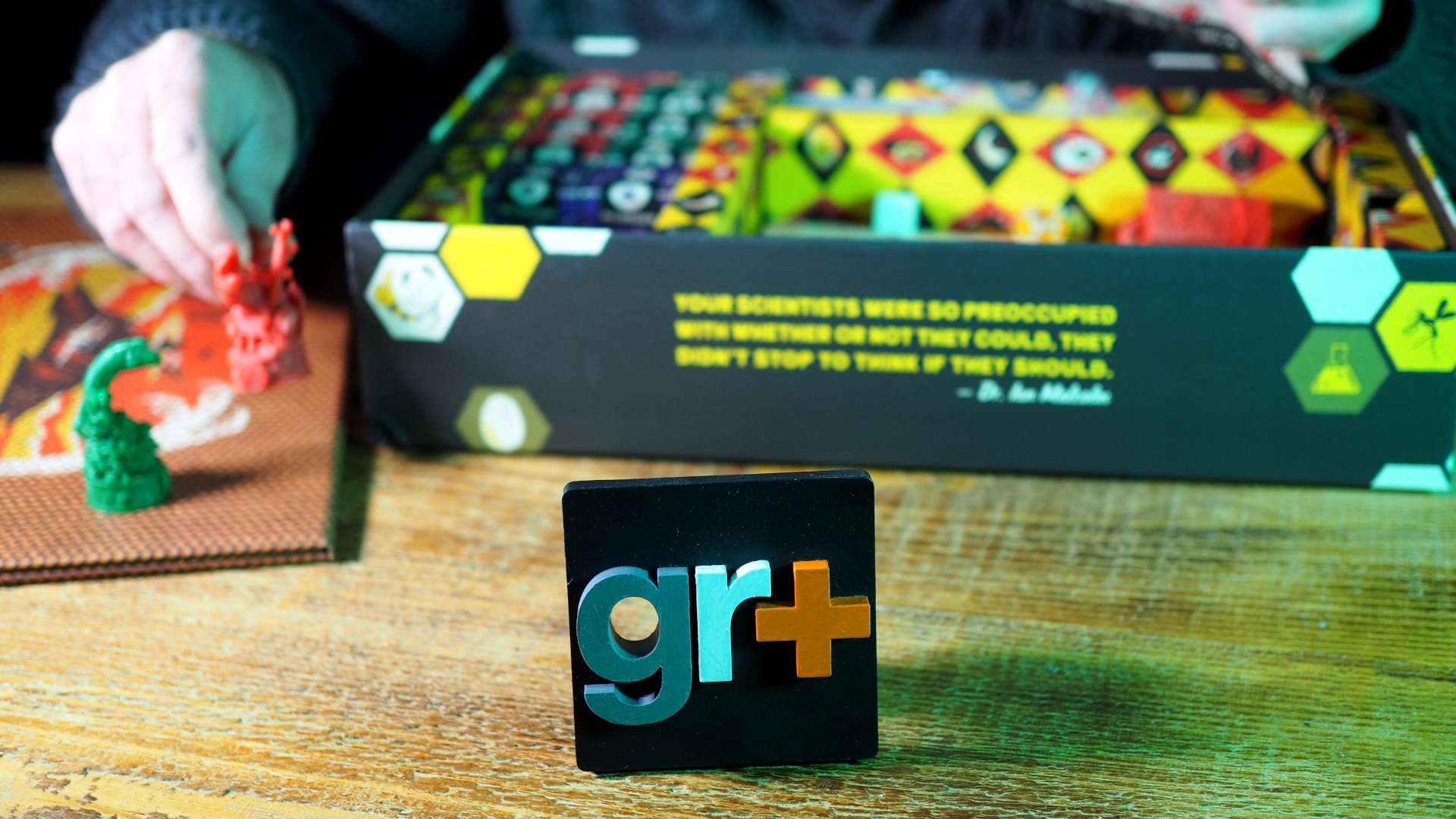
It's our privilege at GamesRadar+ to help you decide which products you should buy and what you're better off avoiding, so how we test board games is very important to everyone on the team. Because your hard-earned cash is involved, it's vital that our content is both informative and of the highest quality.
That means a rigorous testing methodology (applied in as objective a way as possible for every brand, use-case, genre, and price point) is needed. With that in mind, our experts have combined their years of knowledge to create a process we use every day - and you can read about it below. Besides breaking down how we test board games in detail, it explains how we justify what deserves a place on buying guides like our roundup best board games. While there's some crossover with the wider GamesRadar+ review policy, you'll also find specific information on the way in which we tackle this unique and vibrant industry.
A final note before we dive in: All reviews are someone's opinion. It's impossible to be completely, dispassionately objective about any product, so even though we strive to be as balanced as possible, it's OK if you disagree with our decisions. Ours isn't the final word on a game – it's just what we, the GamesRadar+ team, think.
Criteria
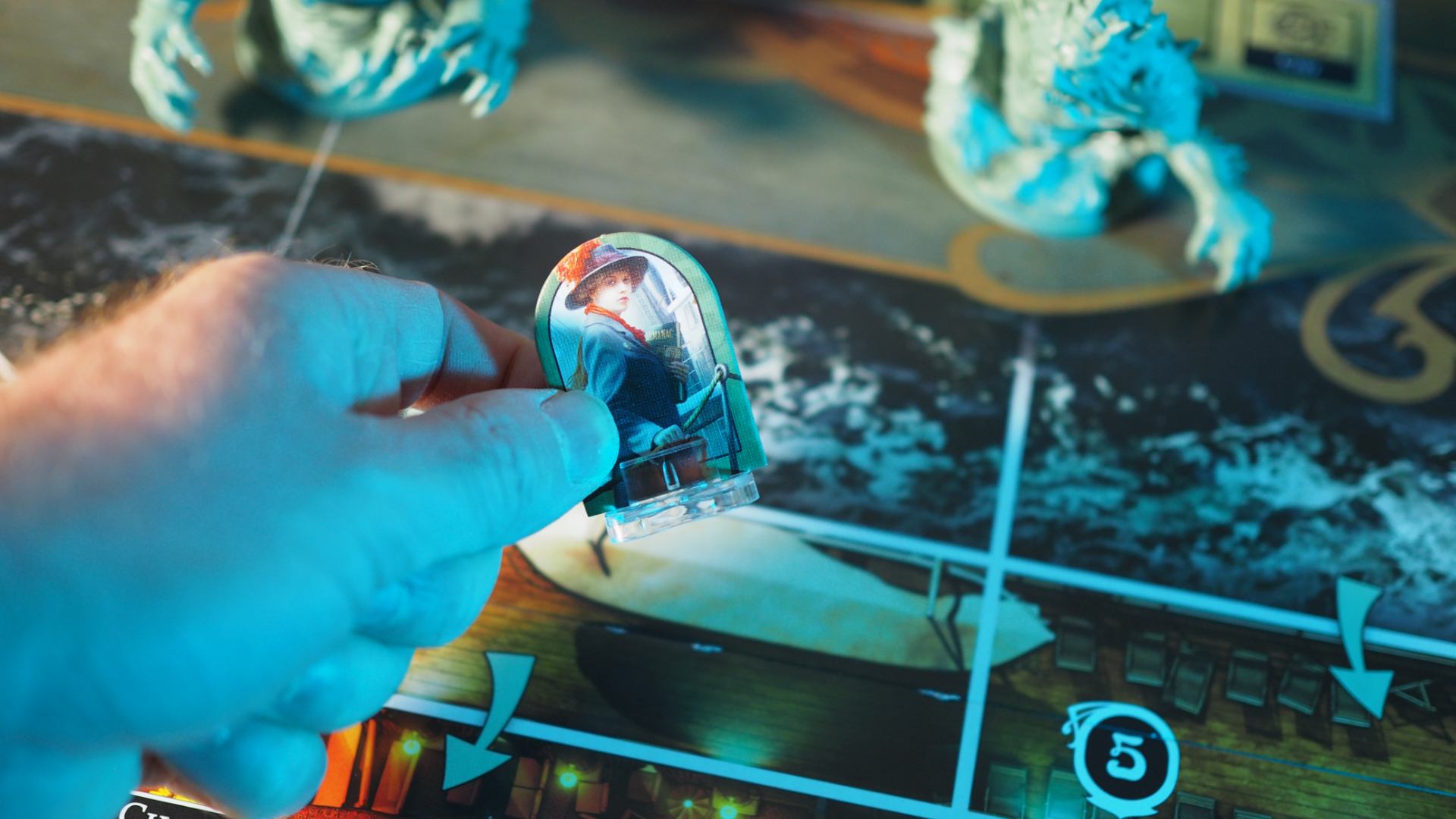
To make sure a consistent testing methodology is being applied to every critique on the site, our reviewers consider the following categories seen below. These boil down to how easy a board game's rules are to understand (listed as 'accessibility'), how replayable it is, its setup and pack-down, component quality, and game mechanics – AKA the all-important 'fun' factor.
While we touch on all of the above throughout any writeup we do, we rank all these out of five with a brief summary for each point toward the end of every review or buying guide entry. This will be displayed in a table, as seen below.
| Game mechanics | A bitesize summary of how the game's mechanics hold up, and whether you'll actually enjoy playing. | ? / 5 |
| Accessibility | Is the game easy to learn? We'll judge that in this section. | ? / 5 |
| Replayability | We'll briefly discuss how much longevity the game has here. | ? / 5 |
| Setup and pack-down | Is the game a pain to set up? Does it take a long time to put away? | ? / 5 |
| Component quality | How will this game's pieces stand up to use? | ? / 5 |
The final score a board game gets will be informed by these aspects, represented by an overall star rating out of five.
Methodology
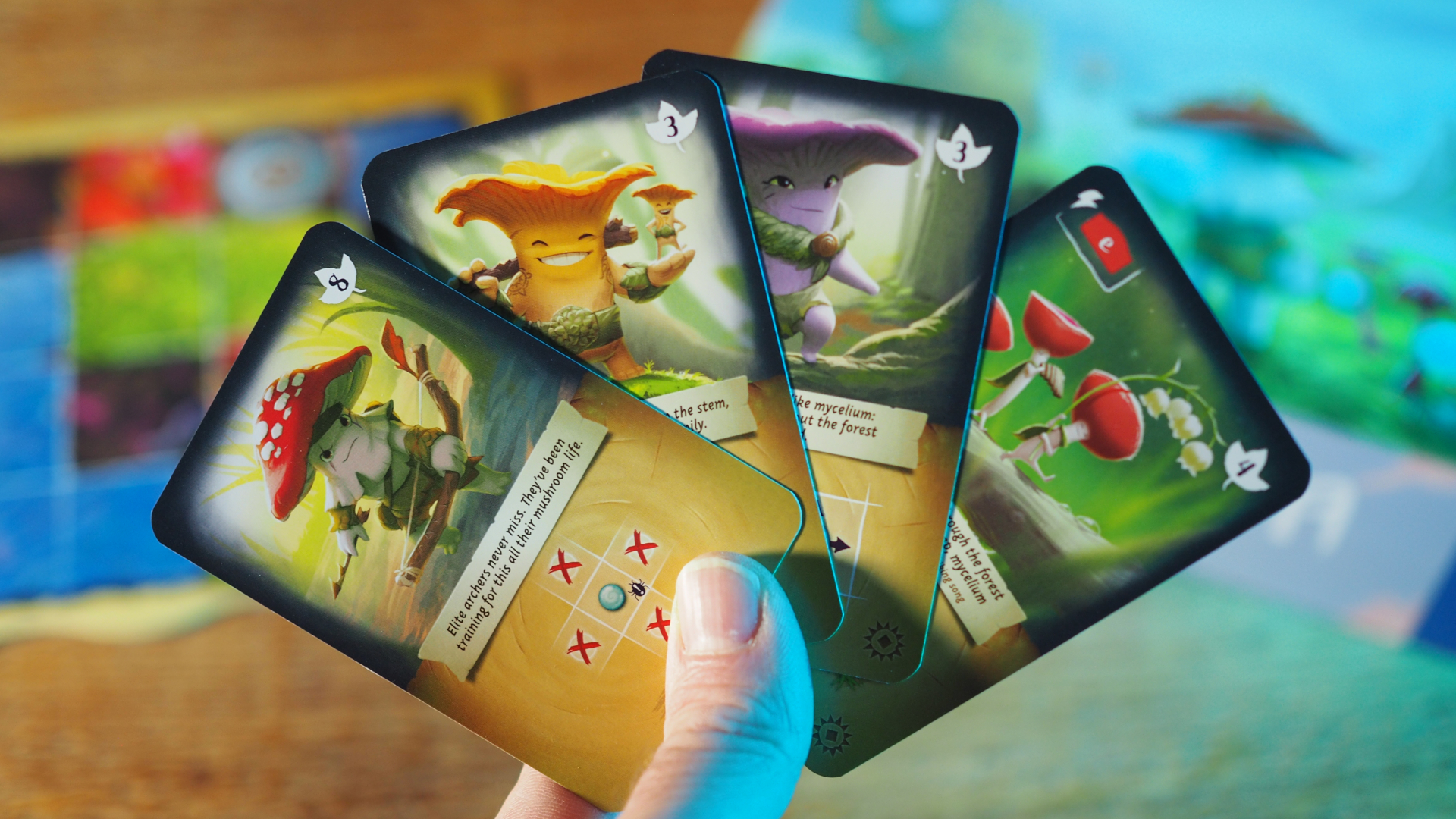
When testing board games, we'll keep our review and buying guide format in mind as a way of making sure our content is easy to understand at a glance. This forms our methodology, which can be seen below.
Weekly digests, tales from the communities you love, and more
Features & design
We always start by looking at a board game's specifications, and these are listed in a table that tells you how many players it can have, what kind of game it is (as explained in our guide to the many types of board games), how long an average session lasts, and more useful titbits.
You can see an example here:
| Price | Approximate, listed as $, $$, or $$$ |
| Ages | Recommended age-rating, e.g. 12+ |
| Game type | A short description of the game's category |
| Players | 1 - 4, etc |
| Lasts | Rough playtime per session |
| Complexity | Low, moderate, or high |
| Designers | The person/people who created the game |
| Publisher | E.g. Asmodee, Ravensburger |
| Play if you enjoy | A list of similar board games |
We then move on to the game's features and design in a broader sense – both artistic and mechanical. What is the 'elevator pitch?' If it's a sequel or follow-up, what does it do differently? Does it have a particular art style or theme, and do we think these are used effectively?
Component quality is also discussed at this stage. We pay particular attention to workmanship and how long we think the pieces will last, not to mention how good a game's component storage solutions are.
Gameplay
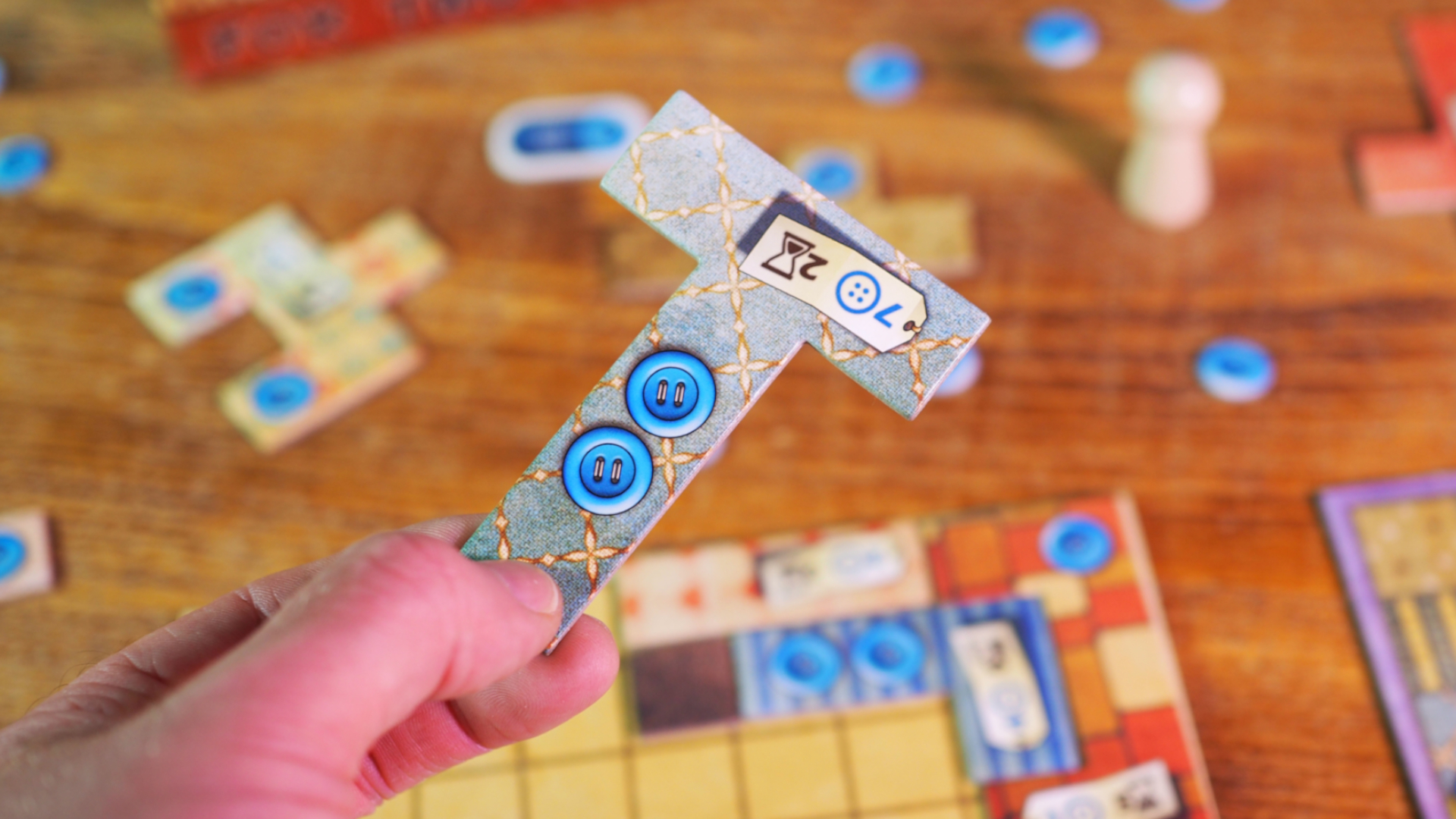
We spend the vast majority of our time playing – and living with – board games when testing them. That's what you'd be doing if you bought the product, so it's only right that we focus our attention on gameplay too.
Our reviewers start by reading the game's rulebook from cover to cover. This is done in a vacuum; we don't look at guides or how-to-play videos unless they're direct from the manufacturer. We then take notes on how easy those rules are to understand, the way questions or edge-cases are handled, and the book's general layout. Is it easy to follow, or to find the info you're looking for?
This feedback will let you know whether a product is actually worth the time you'll spend learning it… and if it's easy to get your head around in the first place. That's why we always include complexity ratings in our work; it offers an idea of what you're letting yourself in for before hitting checkout.
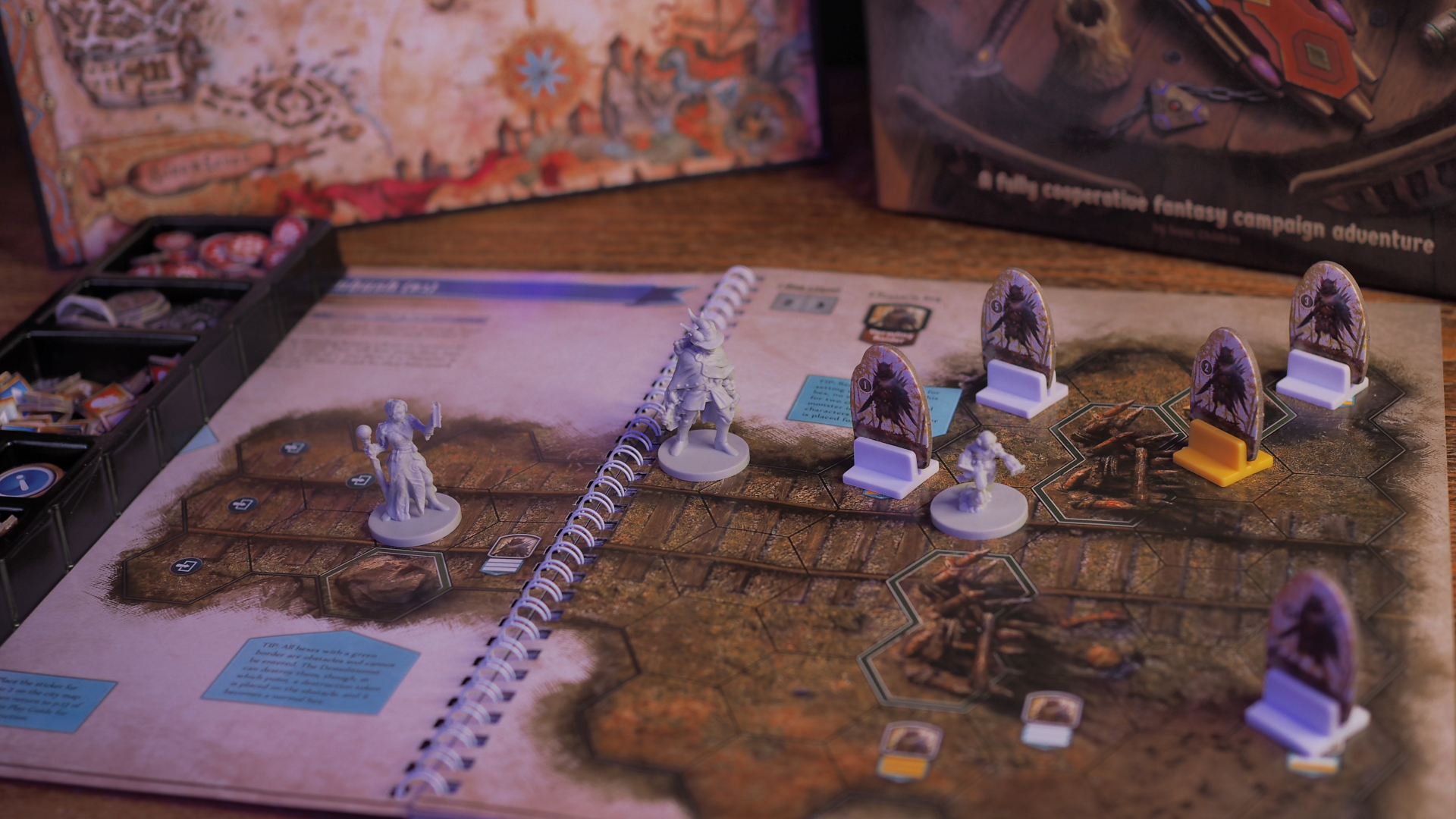
Although completing every part of a hundred-hour experience with a full complement of players isn't always practical, our reviewers will have run through more than enough to let them definitively comment on whether campaign board games are a worthwhile purchase or not. We will then continue to run through the game's missions after publication if necessary, and may circle back to our critique if opinions have changed.
We then play the board game in question multiple times to get an understanding of how the experience holds up after repeat use. This gives us a better sense of its longevity, and whether you'll want to return or not. In addition, our reviewers will be able to comment on the setup / pack down process with more insight as a result.
Another focus for our tabletop reviewers is design quality and how a product compares to the competition. For example, has a particular idea been implemented better elsewhere? Our aim is to give the best possible advice, and this includes weighing up where a product falls in the wider world of board games. There's a lot of choice out there, so we want to make sure the investment isn't going to give you buyer's remorse. Are the game's tokens of a high quality or do they pale in comparison to rivals from the same price range? Does it offer a similar experience, but at a lower cost? We aim to find out with each and every write-up. That's why you'll often see 'VS' pieces on the site comparing similar items.
Finally, we put a lot of stock in the most important criteria of all – good old-fashioned 'fun.' Board games are meant to be enjoyed, so we'll always report back on our experience and let you know whether we think players will have a good time with the product.
Should you buy
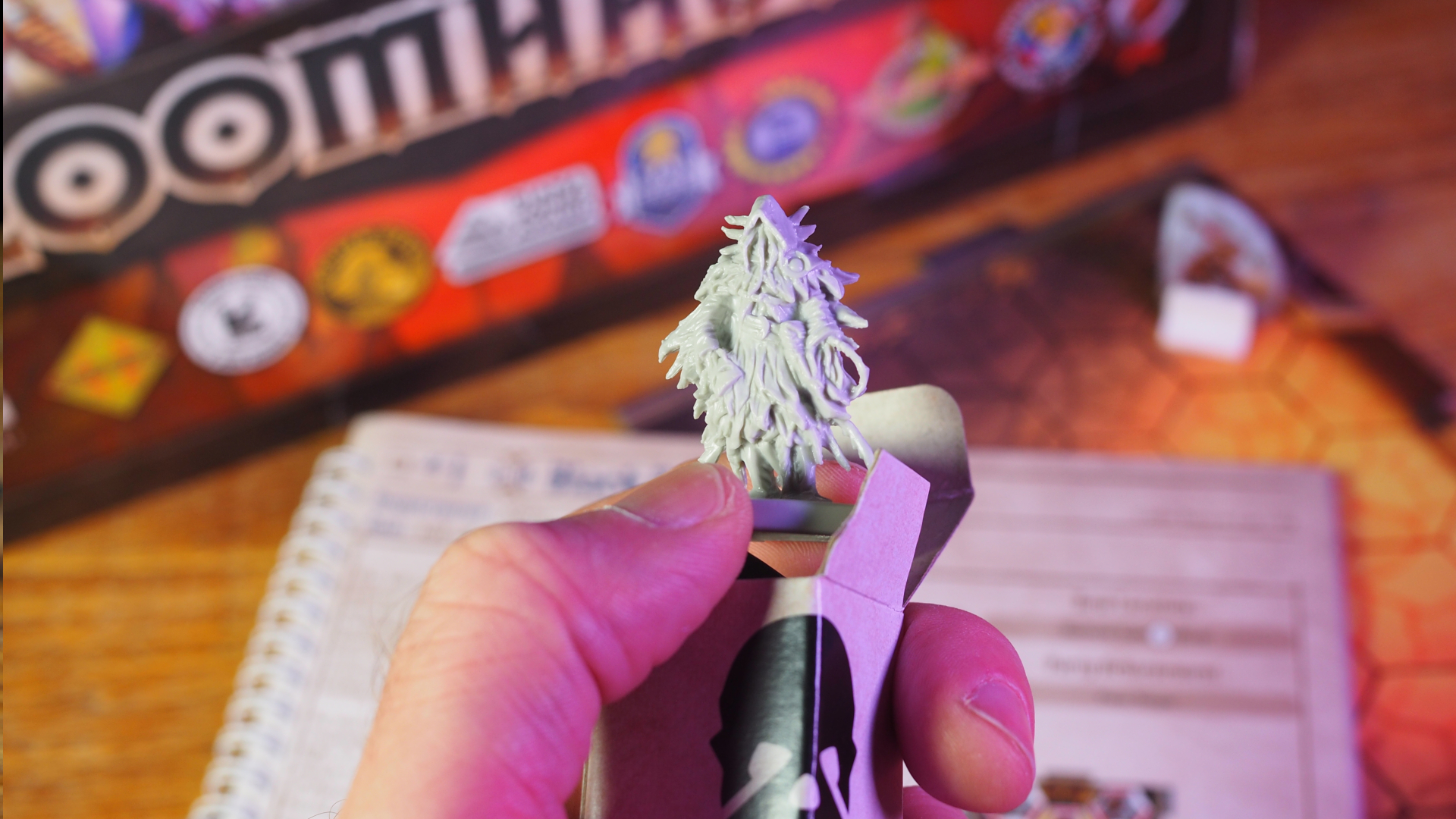
We include a 'should you buy' section at the end of each review to help inform any purchasing decisions, so that question is at the forefront of our minds when testing. This is the time for real talk: Is the product worth what you'll pay for it? And is the price reasonable considering what you get? If we think something else is better value on the whole, we'll flag it here.
Our team also provides 'buy if' and 'don't buy if' boxes for each review that break things down into bitesize chunks, so we bear these at-a-glance summaries in mind during tests. They normally look like this:
Buy it if...
✅ You want a team experience
Game XYZ is all about working together to complete a shared objective, so it's perfect if you don't like competitiveness around the table.
Don't buy it if...
❌ You want something quick
If you're looking for a 10-minute party game, XYZ isn't going to cut the mustard; it normally lasts for half an hour or more.
How we tested
We finish each review with a 'how we tested' section that summarizes our process for that particular board game, allowing you to peek behind the curtain and see how it was all done.
In essence, it's top priority that the way we test board games is transparent. We love board games just like you, and that's what we'd want from buying advice.
Our audience
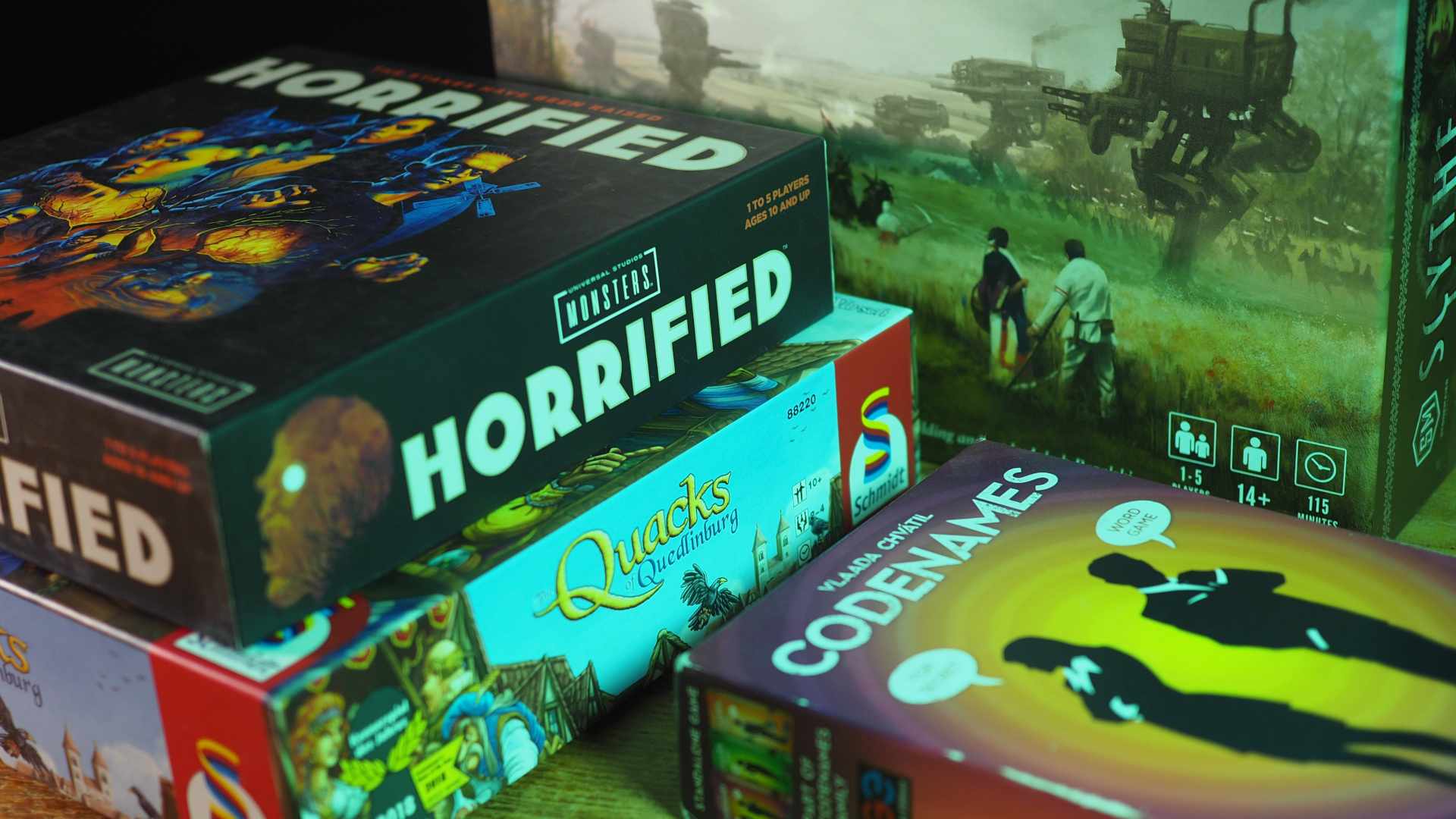
We think it's important to keep readers in mind when testing board games; this ensures that our experts are focusing on things the audience cares about. So, who are we writing for?
Simply put, our tabletop coverage is designed for everyone. Yes, we cater to longtime fans of the best adult board games who know the difference between Prospero Hall and Avalon Hill. But we also strive to serve newcomers and more casual players of the best family board games as well. This means we won't ever assume knowledge or lean on insider references that may leave any part of our audience feeling lost. As with all GamesRadar+ content, the goal is to educate, entertain, and inform without judgment.
"Inform without judgment" doesn't mean we avoid criticism, though. Board games can be expensive and are also a significant time investment, so we will always be honest about the lows of a product as well as its highs.
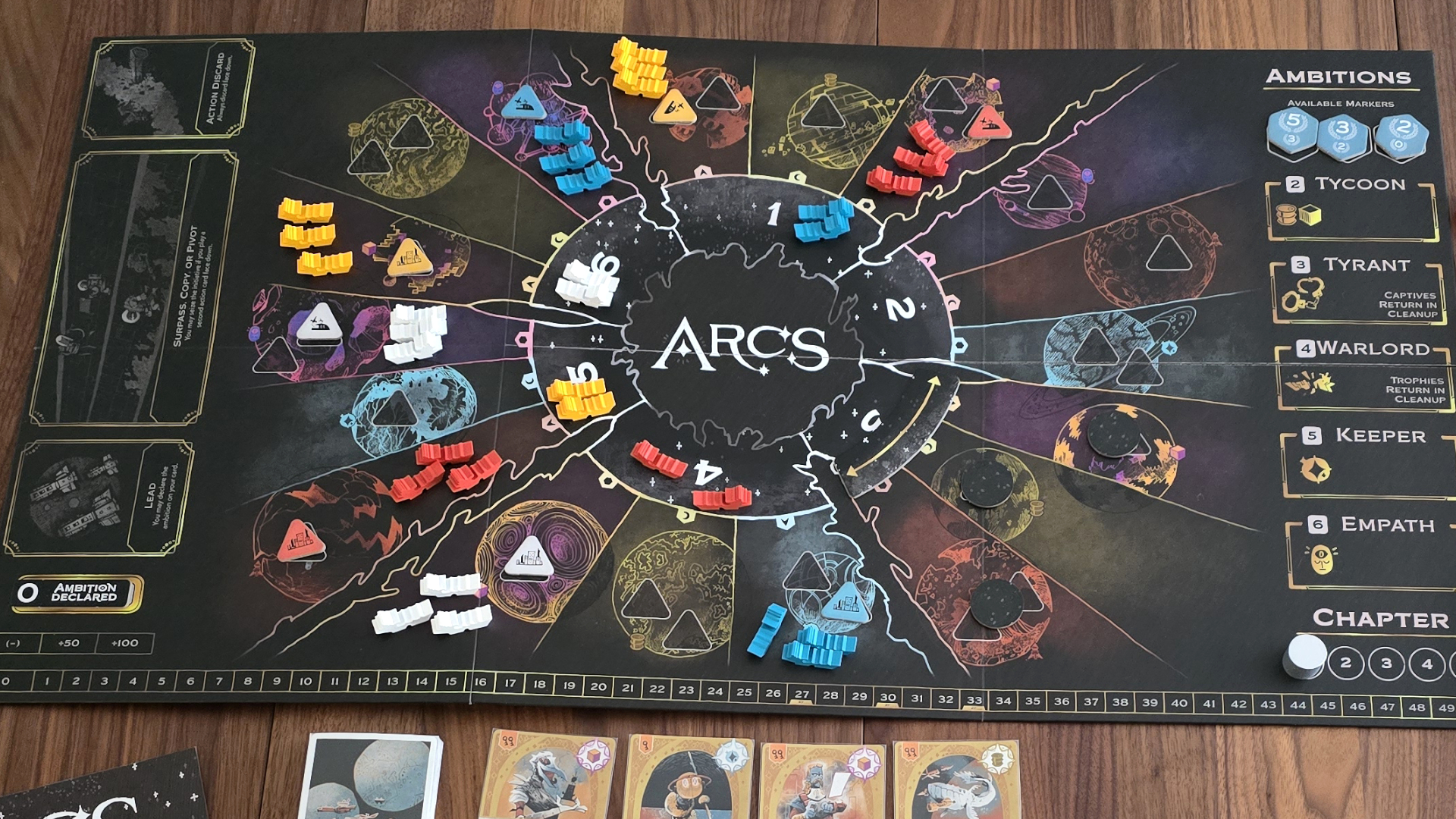
It's worth pointing out that we revisit reviews on an annual basis, especially if updates are added to the original game. Tabletop gaming is a world of constant iteration, and it's common for new additions to hit the shelves with quality-of-life improvements. As such, it's only fair to make sure our critique reflects this.
We don't limit ourselves to the biggest projects by well-known studios, either; part of our job is to surface lesser-known gems you might have missed. By the same token, we won't rigidly stick to tried and tested options. Our team is always on the hunt for cool new ideas to shake up games night, and it doesn't matter whether these products are from AAA developers or indie publishers. We'll look at both premium titles and budget games too. What matters is getting the best products in front of you, no matter where they come from.
On much the same note, we prioritize games that are actively available in your area. It's all good and well waxing lyrical about a beloved classic, but that advice isn't much help to anyone if the product in question has gone out of print.
For more insight on our team's work behind the scenes, be sure to check out the GamesRadar+ hardware policy.

I've been writing about games in one form or another since 2012, and now manage GamesRadar+'s tabletop gaming and toy coverage. You'll find my grubby paws on everything from board game reviews to the latest Lego news.


